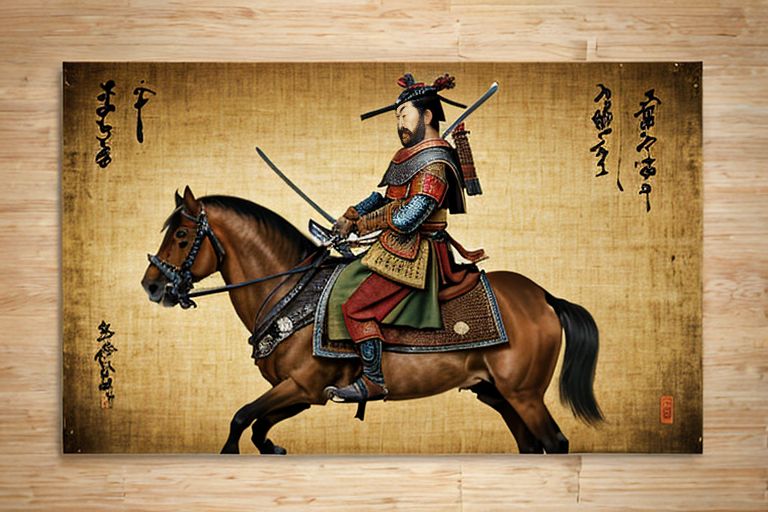The Remarkable Journey of Toyotomi Hideyoshi: Japan's Great Unifier
- Japanese Kanji: 豊臣 秀吉
- Japanese Kana: とよとみ ひでよし
- Hepburn romanization: Toyotomi Hideyoshi

Toyotomi Hideyoshi, a name synonymous with Japan's unification, rose from humble beginnings to become one of the most influential figures in Japanese history. His life, marked by dramatic rises in power and ambitious military campaigns, offers a compelling story of determination and strategic prowess.
Early Life and Rise to Power
Born in 1537 to a peasant family, Hideyoshi's early life was steeped in the chaos of the Sengoku period, a time when Japan was fragmented under the rule of competing warlords. His ascent began under the tutelage of Oda Nobunaga, a prominent daimyo who recognized Hideyoshi's talents. Following Nobunaga's assassination in 1582, Hideyoshi avenged his lord and swiftly took control, leveraging his newfound power to launch further military campaigns aimed at unifying Japan.
Strategic Military Campaigns
Hideyoshi's efforts to consolidate power were marked by significant military engagements. His notable campaigns include the invasions of Shikoku and Kyushu, which expanded his influence across Japan. However, his ambition stretched beyond Japanese shores, leading to the ultimately unsuccessful invasions of Korea in the late 1590s. These military actions not only demonstrated his tactical genius but also his overreaching ambition, which eventually strained his resources.
Political Achievements and Cultural Impact
Beyond the battlefield, Hideyoshi's rule significantly shaped Japan's socio-political landscape. He implemented the sword hunt policy, disarming peasants and solidifying the samurai's status as the only armed class. His contributions to Japanese culture were profound, influencing tea ceremony aesthetics and promoting the construction of iconic structures like Osaka Castle.
Decline and Legacy
Despite his efforts to secure a stable succession, Hideyoshi's death in 1598 left a power vacuum that led to the rise of Tokugawa Ieyasu. The Battle of Sekigahara in 1600, which occurred after Hideyoshi's death, marked the end of the Toyotomi lineage's prominence and the beginning of the Tokugawa Shogunate.
Hideyoshi's life story is a testament to the possibility of rising beyond one's initial circumstances and profoundly influencing history. His legacy, characterized by both remarkable achievements and overambitious failures, continues to be studied and admired in Japan and beyond.